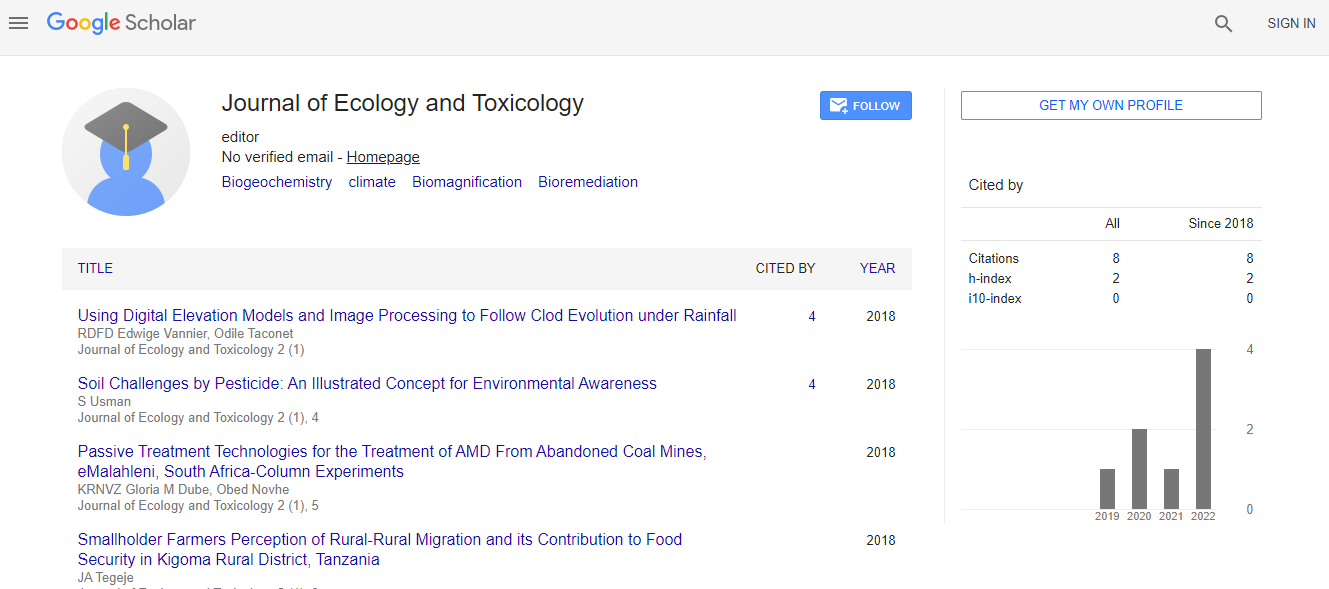The Role of Deforestation in Climate Change: Consequences and Solutions
*Corresponding Author:Received Date: Dec 30, 2024 / Published Date: Jan 30, 2025
Citation: Souza B (2025) The Role of Deforestation in Climate Change: Consequences and Solutions. J Ecol Toxicol, 9: 264.DOI: 10.4172/jety.1000264
Copyright: © 2025 Souza B. This is an open-access article distributed under the terms of the Creative Commons Attribution License, which permits unrestricted use, distribution, and reproduction in any medium, provided the original author and source are credited.
Abstract
Deforestation plays a significant role in the global climate change crisis, contributing to increased carbon emissions, loss of biodiversity, and disruption of ecosystems. The process of clearing forests for agriculture, urban development, and resource extraction releases stored carbon dioxide, exacerbating the greenhouse effect. This paper explores the impacts of deforestation on climate change, including its contribution to rising temperatures, altered weather patterns, and the disruption of water cycles. Additionally, it examines sustainable solutions such as reforestation, afforestation, and the implementation of stricter forest management practices to mitigate the adverse effects of deforestation. This research highlights the need for global cooperation, policy changes, and public awareness to address deforestation and its role in accelerating climate change. The findings suggest that reducing deforestation, promoting forest restoration, and ensuring sustainable land-use practices are critical to combating the environmental and social impacts of climate change.

 Spanish
Spanish  Chinese
Chinese  Russian
Russian  German
German  French
French  Japanese
Japanese  Portuguese
Portuguese  Hindi
Hindi 